What is Breast Cancer – Causes, Treatment, Symptoms, Prevention & Tests

What is breast cancer? This is the most important question that needs to be answered. Breast cancer is a type of cancer that develops in the breast cells. Breast cancer is the second most prevalent cancer diagnosed in women worldwide, after skin cancer. Breast cancer can be prevalent among both men and women. But it is more common among women.
Significant funding for breast cancer research and awareness has aided in advancing breast cancer diagnosis and therapy. Early identification, a novel customised approach to treatment, and a better knowledge of the disease have all contributed to improved breast cancer survival rates. It has also resulted in a steady decline in the number of fatalities linked with the disease.
What Are the Symptoms of Breast Cancer?
Breast cancer screenings should be done regularly to lower the risk of developing the disease.
Breast cancer typically manifests itself as a thicker tissue area in the breast, a lump in the breast, or a bump in the armpit.
There could cause other symptoms, which may include:
- Armpit or breast soreness that does not alter with the monthly cycle
- Pitting or redness of the breast skin that looks like an orange's surface
- Rashes may occur in the nipples
- Nipple discharge, potentially with blood
- A nipple that is depressed or inverted
- A change in the breast's size or form
- The skin on the breast or nipple peeling, flaking, or scaling
The majority of breast lumps aren't malignant. If a woman notices a lump on her breast, she should see a doctor for an examination.
Stages of Breast Cancer
The size of the tumour and whether it has spread to lymph nodes or other body regions determine how cancer is staged. If you want to know how to prevent breast cancer, you need to identify its stage first.
Breast cancer is staged in several different ways. One approach proceeds from stage 0 to stage 4, with subdivided categories at each numbered stage. The four primary stages are described here, while the specific sub-stage of cancer may be determined by other tumour characteristics, such as the presence or absence of the HER2 receptor.
Stage 0: Ductal carcinoma in situ refers to cancer cells that have just infiltrated the ducts and have not spread to the surrounding tissues.
Stage 1: The tumour is up to 2 centimetres (cm) wide at this stage. There are few groupings of cancer cells in the lymph nodes, or it hasn't damaged any lymph nodes.
Stage 2: The tumour has grown to 2 cm in diameter and has begun to spread to neighbouring lymph nodes, or it has grown to 2–5 cm in diameter but has not migrated to the lymph nodes.
Stage 3: The tumour has expanded to numerous lymph nodes and is up to 5 cm across, or it is more significant than 5 cm and has spread to a few lymph nodes.
Stage 4: Cancer has spread to other parts of the body, most commonly the bones, liver, brain, or lungs.
What Causes Breast Cancer
Breast cancer causes have been studied extensively, and it is now considered that genetic and hormonal factors are the critical risk factors for the disease. Doctors use staging methods to determine the degree of cancer's spread and to make therapy recommendations. Treatment for breast cancer is determined by several factors, including the type of cancer and how far it has gone.
Why Breast Cancer Occurs?
There are many factors that could lead to breast cancer. Age, hereditary, hormonal changes, radiation etc could be some of the major causes of breast cancer. If you want to know how to avoid breast cancer, you may take the help of breast cancer diagnosis tests.
Breast Cancer Treatment
The most common therapy for breast cancer is surgery. Chemotherapy, targeted therapy, radiation, and hormone therapy are all options for many people.
Several types of surgeries could be done to treat breast cancer. These are mentioned below.
Lumpectomy
The tumour and some surrounding tissue are removed during this treatment, while the remainder of the breast is left intact.
Mastectomy
A surgeon removes an entire breast in this surgery. During a double mastectomy, both the breasts have to be removed.
Axillary lymph node dissection
If cancer cells are found in lymph nodes taken during a sentinel node biopsy, your doctor may remove other lymph nodes.
Contralateral prophylactic mastectomy
Even though breast cancer may only be found in one breast, some women choose to have a contralateral preventive mastectomy. This procedure eliminates your good breast to lower your chances of getting breast cancer again.
Radiation therapy
In radiation therapy, high-powered beams of radiation are used to target and kill cancer cells. External beam radiation is used in the majority of radiation treatments. A considerable machine is attached to the outside of the body in this approach.
Brachytherapy
Doctors may now irradiate cancer from within the body thanks to advancements in cancer treatment. Brachytherapy is the name for this sort of radiation treatment. During brachytherapy, doctors implant radioactive seeds, or pellets, near the tumour site inside the body. The sources are only present for a brief time and function to eliminate cancer cells.
Chemotherapy
Chemotherapy is a type of medicine that is used to kill cancer cells. Chemotherapy may be used alone in some cases, but it is frequently used in conjunction with other treatments, particularly surgery.
In some circumstances, doctors choose to administer chemotherapy to patients before surgery. The goal is that the treatment will decrease the tumour, reducing the need for invasive surgery.
You will not only obtain early treatment if necessary, but you will also alleviate your own worry and anxiety by quickly reporting any suspicious changes to your physician. The majority of breast lumps (about 80%) are benign. On the other hand, your self-examination may lead to the early diagnosis of a new or recurrent malignancy. It is important to know how to diagnose breast cancer. The earlier a patient is diagnosed, the higher their chances of successful treatment.
Disclaimer: The information on this website should not be used as a substitute for professional medical care or advice. Contact a health expert if you have questions about your health.






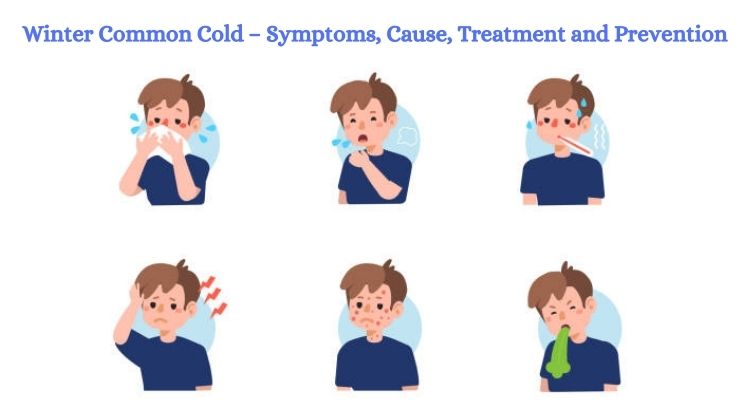
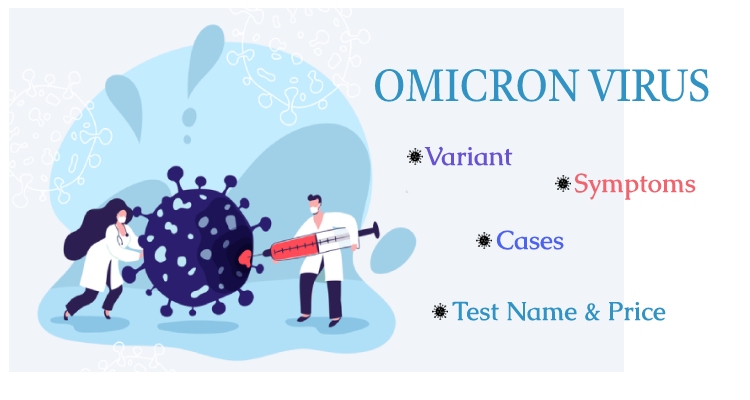
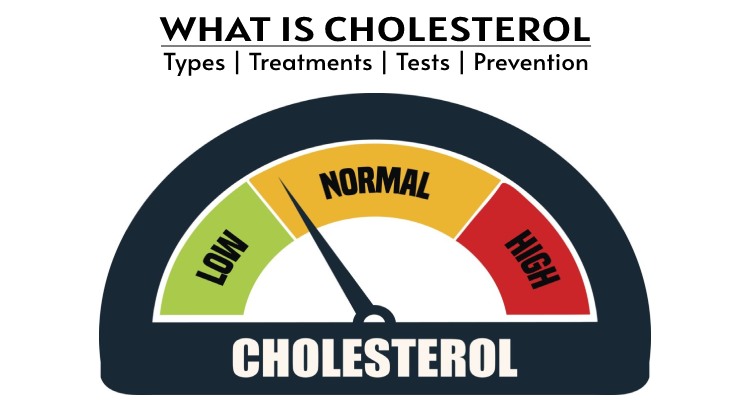
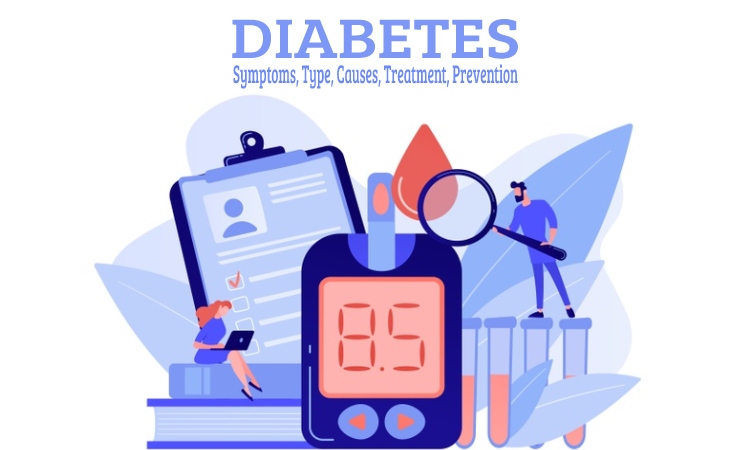
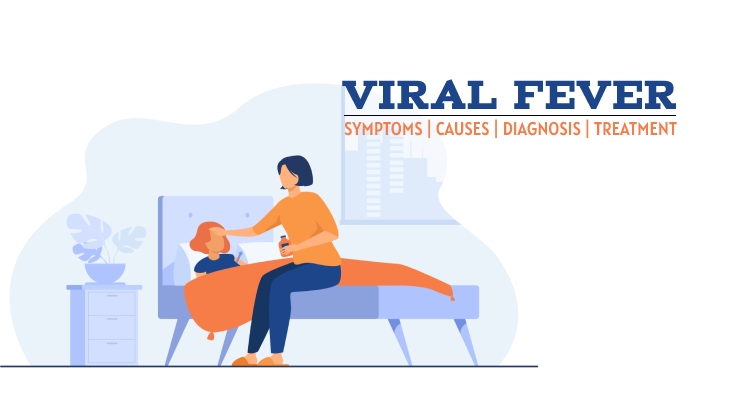

-Star.jpg)
_vs_Covid-19_How_the_Two_Viruses_Differ_and_Why_It_Matters.jpg)
Comments List